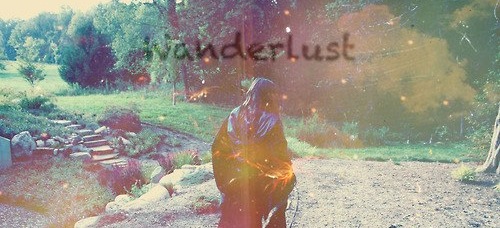Beware: *spoilers*
Things I have learned in conclusion to reading Hamlet: It’s nothing like The Lion King; The Lion King is not sexist, and it only has two villains, Scar and the hyenas. 2) I have been quoting it all my life without realizing it. And 3)
Apparently I don’t mind crazy characters when everyone is crazy. It reminds me of Julius Caesar in that there’s really only one character that I understand, and the rest of the play is awesome because the language is beautiful. And incredibly bizarre things keep happening, so of course I have to like it.
Apparently I don’t mind crazy characters when everyone is crazy. It reminds me of Julius Caesar in that there’s really only one character that I understand, and the rest of the play is awesome because the language is beautiful. And incredibly bizarre things keep happening, so of course I have to like it.
First thing to address: the sexism. I do understand that Shakespeare lived in a different time. I do understand women were in no way considered equal to men. And he does not necessarily hate on women. But still. This story is a tragedy because of one woman. She slept with her husband’s brother, and then married said brother when husband was murdered by brother. I can hardly blame Hamlet for yelling out, “Frailty, thy name is woman.” But I can blame Shakespeare for punishing the sex as a whole for one’s mistake, and thinking women inferior. Ophelia doesn’t exactly help the cause either, when she drowns herself. I suppose women are forever doomed for inspiring quotes after their foolishness…Ahem, Helen of troy, the face that launched a thousand ships…
Now it’s time to deal with the craziness. I suppose when a play has ghosts, poison, incest, and betrayal all in the first act, one shouldn’t be surprised that the rest of the acts turn into La Vida Loca. But I accepted early on that I would have to deal with that, and moved on. And to be honest, when all put together, it does have a poetic beauty. And I try to think, what is the point of Hamlet acting crazy, the King seeking pawns to play against Hamlet, and everyone dying in the end? Well, I honestly believe it may have something to do with what started the crazy mess: love. As Hamlet says, “Doubt thou the stars are fire; Doubt that the sun doth move; Doubt truth to be a liar; But never doubt I love.” Hamlet’s crazy act for revenge is motivated by love—love for his father. But of course, he cannot simply accept the word of a ghost that looks like his father to be true. Hence the crazy attempt at a play depicting the King murdering the King. Which raises another whole batch of questions. Can Hamlet judge his uncle’s reaction to determine if he murdered his father? All of this, though, is what we lovely students like to call procrastination.
Is Hamlet a murderer? We all know the golden rule, treat others as you wish to be treated. Hamlet’s first presented with an opportunity to kill his uncle as he’s praying. But he does not wish to offend God, so holds off. As if God would be offended by a killer. Hamlet is continually sidetracked by wondering about death. His ghost father does say, “I am forbid to tell the secrets of my prison house.” I would start thinking about that prison house too, if I were Hamlet. What happens when we die? His father’s death started this; will another death end it? The reality is no, it will only catch everyone in a vicious cycle, but it all works as build-up to the final scene of confrontation.
Betrayal, also, is a theme I think. The wife betrayed her husband. The man betrayed his brother. The boy betrayed his lover. The man betrayed himself. It is the tool that the King wields the best. He tricks Hamlet into going to England to have him killed there. He pits Hamlet in a duel where he’ll die from a poisoned blade. He sleeps with Hamlet’s mother. Dante reserved the coldest circle of hell for betrayers for a reason. They bring out the worse in everyone else.
So, yes, despite the craziness, Hamlet was asking himself legit questions, and the situations the characters were pitted in were so horrible, that I have no problem believing that everyone died in the end. Against all odds, I formed a connection with Hamlet, whether through his fascination with the after life, or the affects of betrayal. And Shakespeare’s still a sexist. But I sleep well, satisfied with Shakespeare’s betrayal tragedy. Perchance I’ll dream?

No comments:
Post a Comment